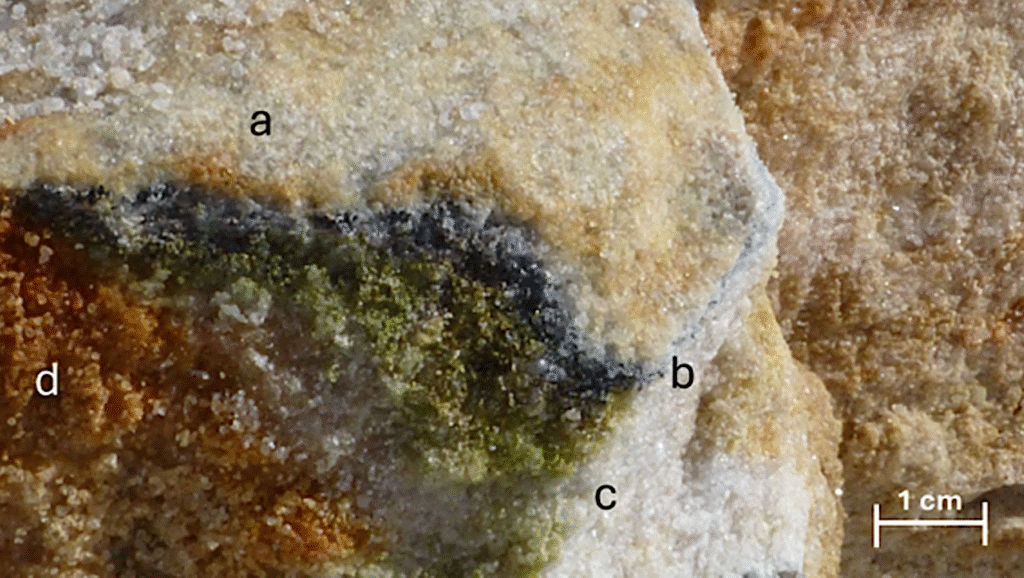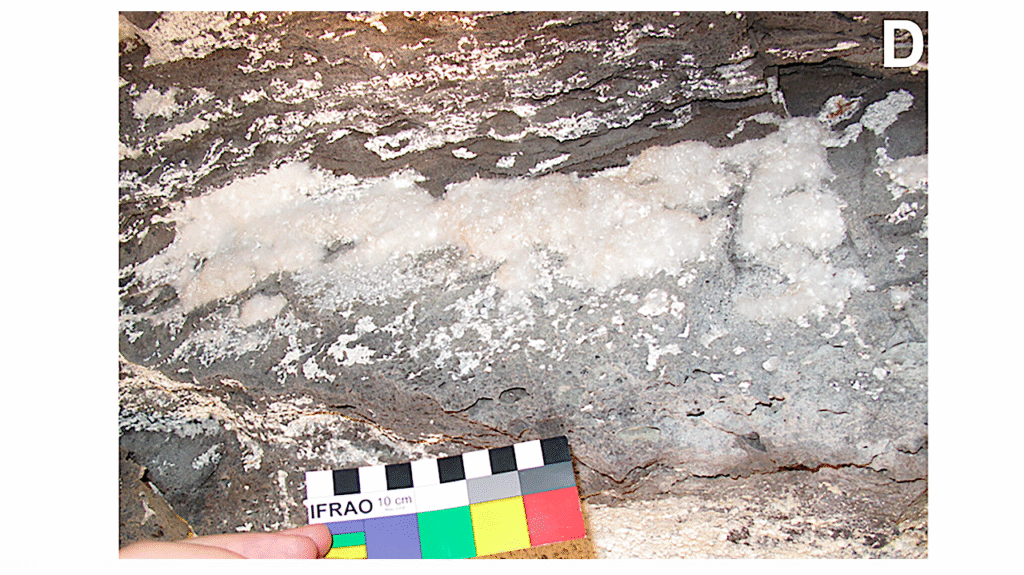The Reproduction Process Of Gram-positive Protocells

Protocells are, by definition, the most primitive predecessors of biological cells, devoid of all complex molecular biological processes.
They are believed to have mediated reproduction entirely by physicochemical forces.
Despite these propositions, little is known about the actual mechanisms. To understand the reproductive process of protocells in their native habitat, here we used a top-down approach to transform bacterial cells into a primitive lipid vesicle like state in which cells are devoid of molecular biological mechanisms regulating their reproduction.
Given protocells existed on early Earth, we conducted all our experiments under the presumed environmental conditions of Archaean Eon Earth. Even in the absence of functioning biological processes, cells under these conditions reproduced in a defined sequence of steps, always leading to the formation of viable daughter cells.
Their reproduction mechanism can be explained by the interaction between intracellular metabolism, physicochemical properties of cell constituents, and environmental conditions. Based on our observations, we propose that reproduction may be an inherent property of cells with an internal metabolism without the need for dedicated molecular biological processes.
Competing Interest Statement
The authors have declared no competing interest.
Dheeraj Kanaparthi, Marko Lampe, Jan-Hagen Krohn, Falk Hildebrand, Thomas Boesen, Andreas Klingl, Prasad Phapale, Tillmann Lueders
doi: https://doi.org/10.1101/2021.11.25.470039
https://www.biorxiv.org/content/10.1101/2021.11.25.470039v4
Astrobiology








